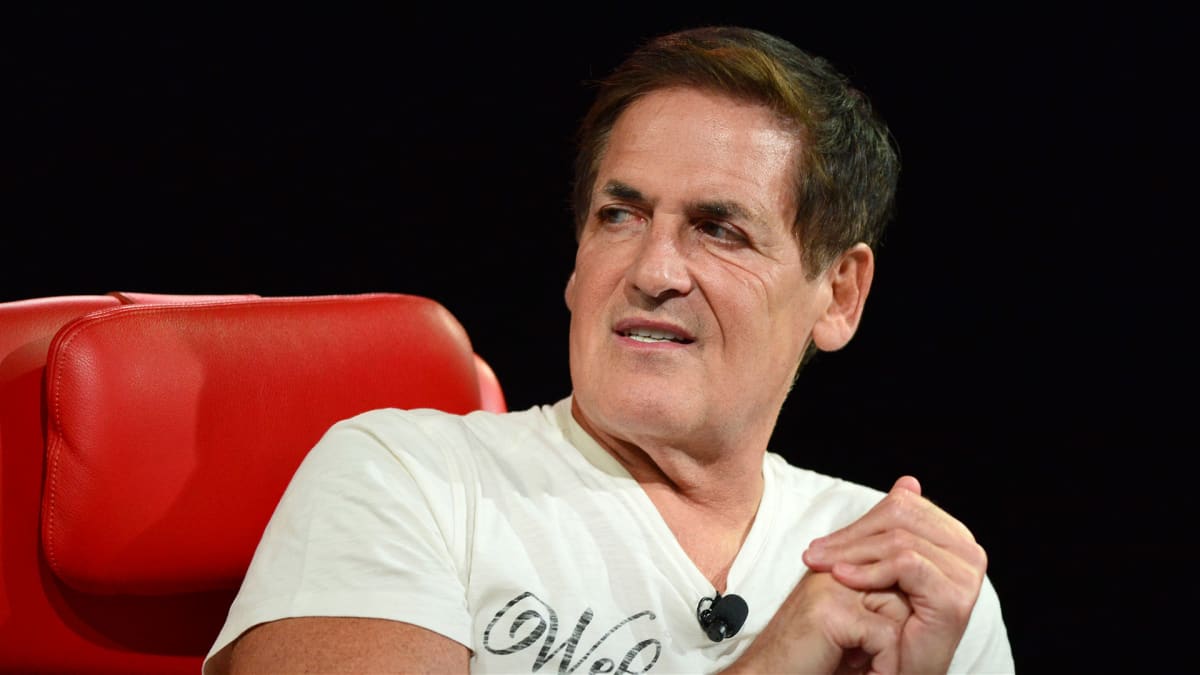
The current period of economic uncertainty is a real headache for entrepreneurs.
They have to juggle between an already vague present and a future that is difficult to anticipate as there is no clarity.
Sometimes they feel like they're navigating by sight. Certainly, they can, as is advised in difficult times, postpone certain investments, reduce costs, but how to prepare for the future when it is impossible to predict whether the economy will have a soft landing or a hard landing.
They are thus looking for any sign that could guide them in the difficult choices they are called upon to make. They sometimes have to lay off employees to whom they have often become attached in the context of small businesses, for example. All these hassles and difficulties are often the tip of the iceberg.
On the other hand, there is a dimension that no one ever sees and that is little talked about. This invisible part is the biggest problem for entrepreneurs because it consumes them and they rarely talk about it. This is the impostor phenomenon.
The Impostor Phenomenon
In fact, this syndrome is materialized by feelings of doubt and fear that invade the entrepreneur. This syndrome is seen as a psychic mechanism that causes a feeling of doubt about one's abilities and one's legitimacy to succeed. The entrepreneur then tends to devalue themselves, to think that they do not deserve their place and attributes his success to luck or chance. If the impacted entrepreneur fails to control it, it may have adverse consequences on their business because it can paralyze the entrepreneur who suffers from it, make them make mistakes, destabilize them.
"The Impostor Phenomenon was identified from clinical observations during therapeutic sessions with high achieving women by Dr. Pauline Clance," according to the Journal of Behavioral Science. Despite objective evidence of success, these women had a pervasive psychological experience believing that they were intellectual frauds and feared being recognised as impostors. They suffered from anxiety, fear of failure and dissatisfaction with life."
This impostor syndrome, which also impacts many people outside of business leaders, affects both the owners of small businesses and the founders of large companies. That's what billionaire Mark Cuban, who is known for creating many companies and investing in tons of others, seems to be saying.
He has just recorded an ad intended to tell his fellow entrepreneurs that he understands their ill-being and that he himself has been inhabited by this impostor syndrome. He thus identifies himself with them, and offers advice to help them overcome this big problem.
"I'm going to tell you a secret," the owner of the Dallas Mavericks said in this new commercial made by Zen Business and posted on his Twitter account. "Me, you, we all have impostor syndrome. We all look at our companies and ask yourself can this really be successful? Why me why? Why do I think this is my company can be more successful?
He added: "And then you just refocus and remind yourself why you're doing it."
'Why Not Me?'
The TV show "Shark Tank" stark then launched into an enumeration of the moments that many entrepreneurs remember most often, like when they were setting up their business, the first difficult years, the first joys, sleepless nights and intense moments.
"You go back to work, and when you're exhausted, when you're dreaming about work and you're waking up in the middle of the night, sending yourself emails so you don't forget, when you're sitting down in front of somebody, and they thank you for their job. And they thank you for the opportunity you created by paying them so they can take care of your family," Cuban said.
"When you talk to your customers, and they're excited that you're growing because there's so much more we can do together. It is scary, it is terrifying," the tech entrepreneur acknowledged.
He urges entrepreneurs to turn the question around. Instead of asking why me they should rather ask the question and why not me. For him, a change in the questioning can be a first step to get out of the doubt caused by the phenomenon of the impostor.
"That's where you look in the mirror. You say why not me? Why not me ? Why can't I be the person to turn this into not just $1 million, $5 million or $10 million or $100 million or a billion dollar company? Why can't I be the person to create and take this company to something bigger and better than I ever dreamed of? Why not me? It definitely can be you."







